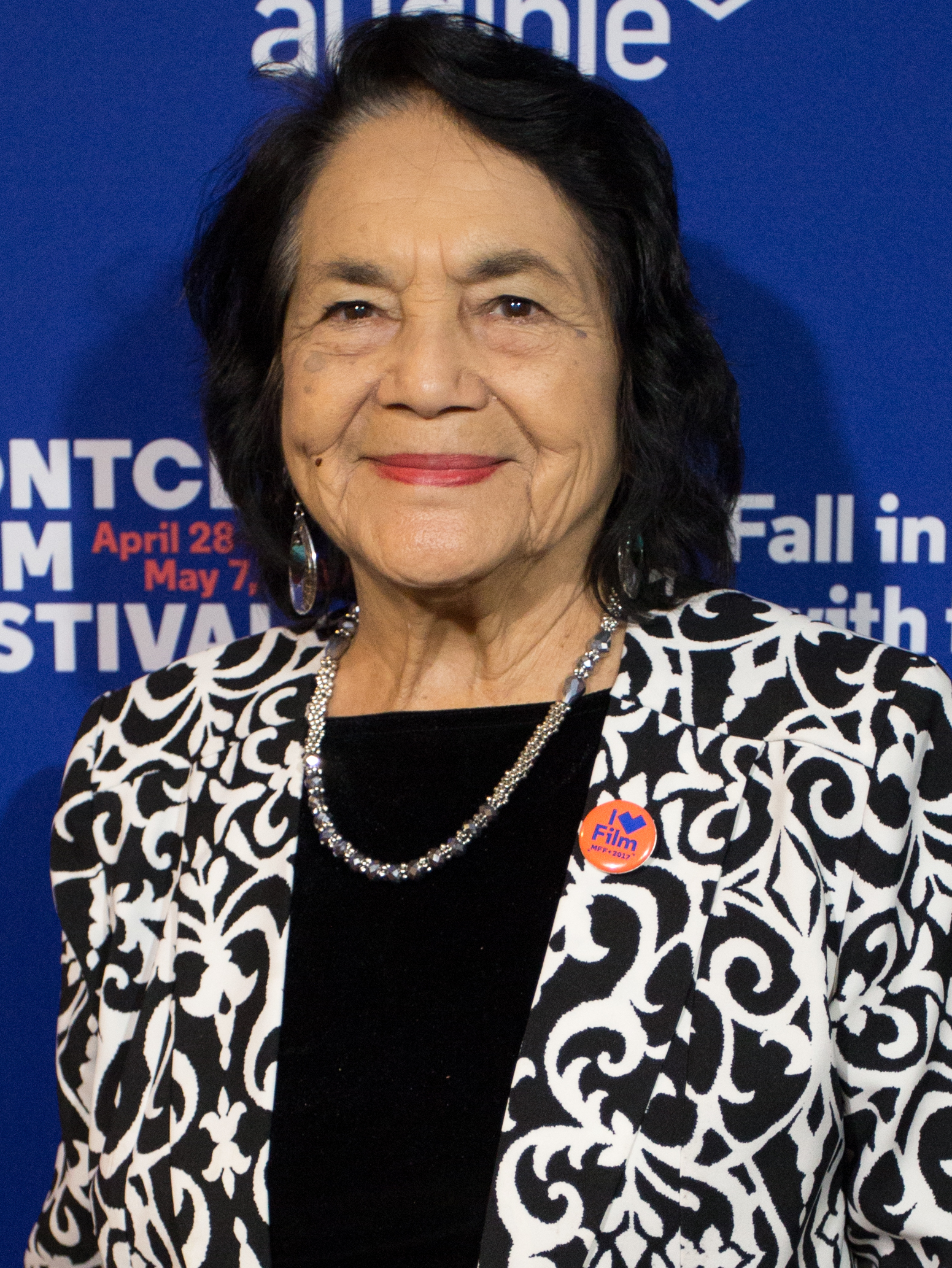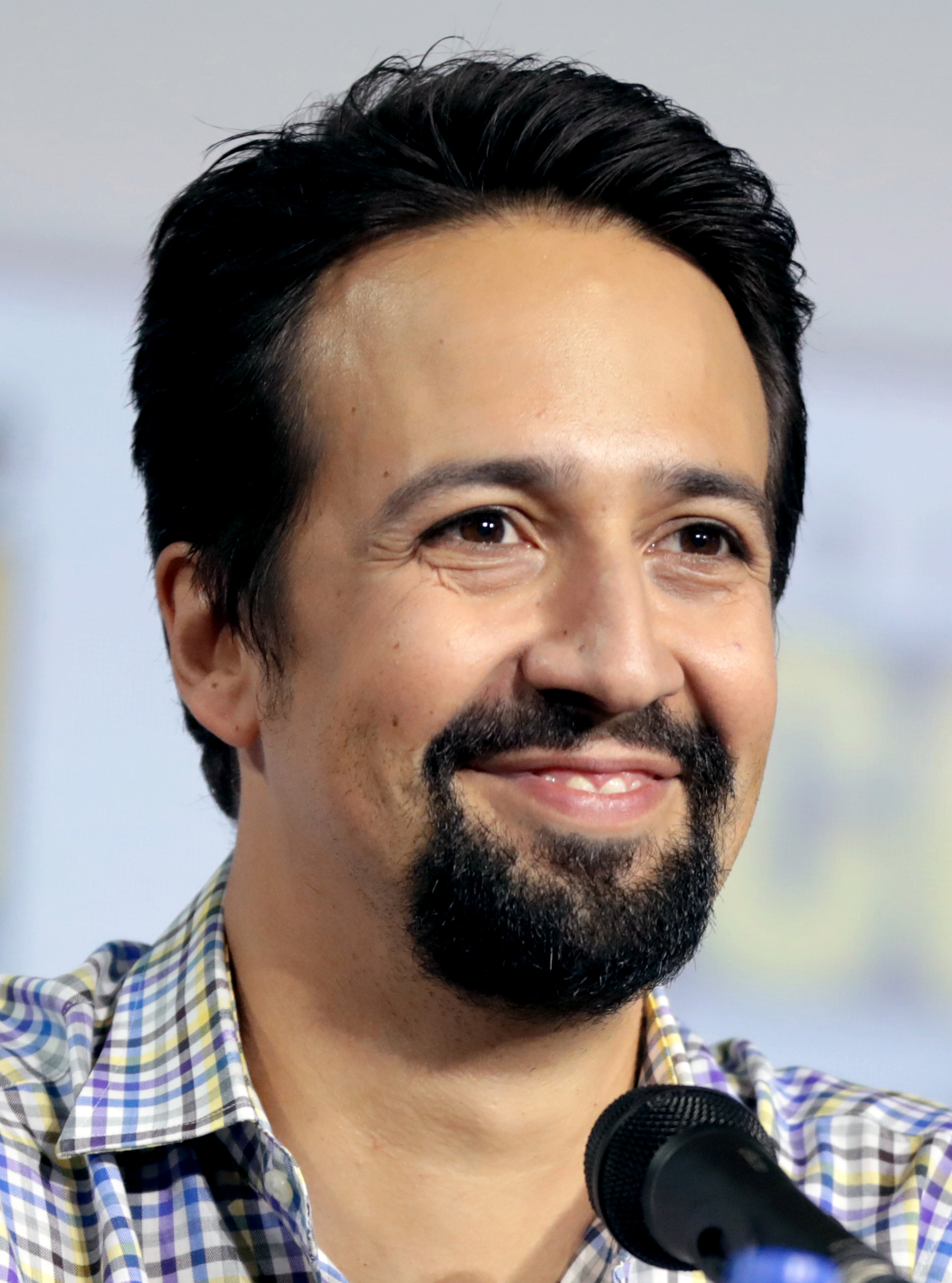 Latinx Chicanx Heritage Month (September 15–October 15) honors the achievements of LatinX, ChicanX, and Hispanics. The terms Latinx and Chicanx have been adopted to be gender inclusive. The celebration was first authorized in 1968, when the US Congress adopted a resolution asking the President to issue a proclamation designating a week in September including September 15 and 16 as “National Hispanic Heritage Week.” In 1988 Congress expanded the celebration to a 31-day period beginning September 15. The resolution calls “on the people of the US, especially the educational community, to observe National Hispanic Heritage Month with appropriate ceremonies and activities.” Hispanic Heritage Month coincides with celebrations of Independence Day in many Latin American countries—including Costa Rica, El Salvador, Guatemala, Honduras, Nicaragua, Mexico, and Chile. Visit the Encyclopedia Britannica Hispanic Heritage Month page for more information on this topic.
Latinx Chicanx Heritage Month (September 15–October 15) honors the achievements of LatinX, ChicanX, and Hispanics. The terms Latinx and Chicanx have been adopted to be gender inclusive. The celebration was first authorized in 1968, when the US Congress adopted a resolution asking the President to issue a proclamation designating a week in September including September 15 and 16 as “National Hispanic Heritage Week.” In 1988 Congress expanded the celebration to a 31-day period beginning September 15. The resolution calls “on the people of the US, especially the educational community, to observe National Hispanic Heritage Month with appropriate ceremonies and activities.” Hispanic Heritage Month coincides with celebrations of Independence Day in many Latin American countries—including Costa Rica, El Salvador, Guatemala, Honduras, Nicaragua, Mexico, and Chile. Visit the Encyclopedia Britannica Hispanic Heritage Month page for more information on this topic.

Scott Saldukas, Public domain, via Wikimedia Commons
Born in Los Angeles to Honduran parents, America is an actor and more recently an activist focusing on women's and immigrants' rights.

Montclair Film, CC BY 2.0, via Wikimedia Commons
Cofounder and first VP of the United Farm Workers, she is the most prominent Chicana labor leader in the United States.

Work permit, CC BY 3.0, via Wikimedia Commons
Grass-roots labor organizer of California migrant workers who formed and lead the National Farm Workers Association.

Carmen Maria Machado., CC BY-SA 4.0, via Wikimedia Commons
Short story author, essayist, and critic. Her short fiction, essays, and criticism appeared in numerous literary magazines and anthologies.

Franmarie Metzler; U.S. House Office of Photography, Public domain, via Wikimedia Commons
Has served as the U.S. representative for New York's 14th congressional district since 2019, as a member of the Democratic Party.

Valerie Hinojosa, CC BY-SA 2.0, via Wikimedia Commons
As the daughter of immigrants, Alvarez has used her dual experience as a starting point for the exploration of culture through writing.

StayTunedNBC:, CC BY 3.0, via Wikimedia Commons
Jenna Ortega is an American actress. Ortega was born in 2002 in Coachella Valley, California, to mixed Mexican and Puerto Rican parents.

Gage Skidmore, CC BY-SA 2.0, via Wikimedia Commons
The youngest elected mayor of a top 50 city in 2009, and appointed as secretary of the Dept. of Housing and Urban Development in 2014.

Gage Skidmore, CC BY-SA 3.0, via Wikimedia Commons
Playwright, actor, composer, and performer. Creator of critically acclaimed musical Hamilton, winner of Tony Awards and Pulitzer Prize.

K. Kendall, CC BY 2.0, via Wikimedia Commons
Scholar of Chicana feminism, cultural theory, and queer theory. She combines autobiography, poetry, historical narratives and myths.
Latino Social and Political Culture and History: Perspectives on the Chicano Movement includes unique resources of the Chicano/a experience in the United States. This archive highlights important organizations and movements, such as the United Farm Workers, efforts toward land reclamation, and student movements against discrimination in education.
Comprehensive coverage of the Hispanic American experience from the early 18th century to the present day from more than 17,000 publications, including 700 Spanish-language newspapers and periodicals.